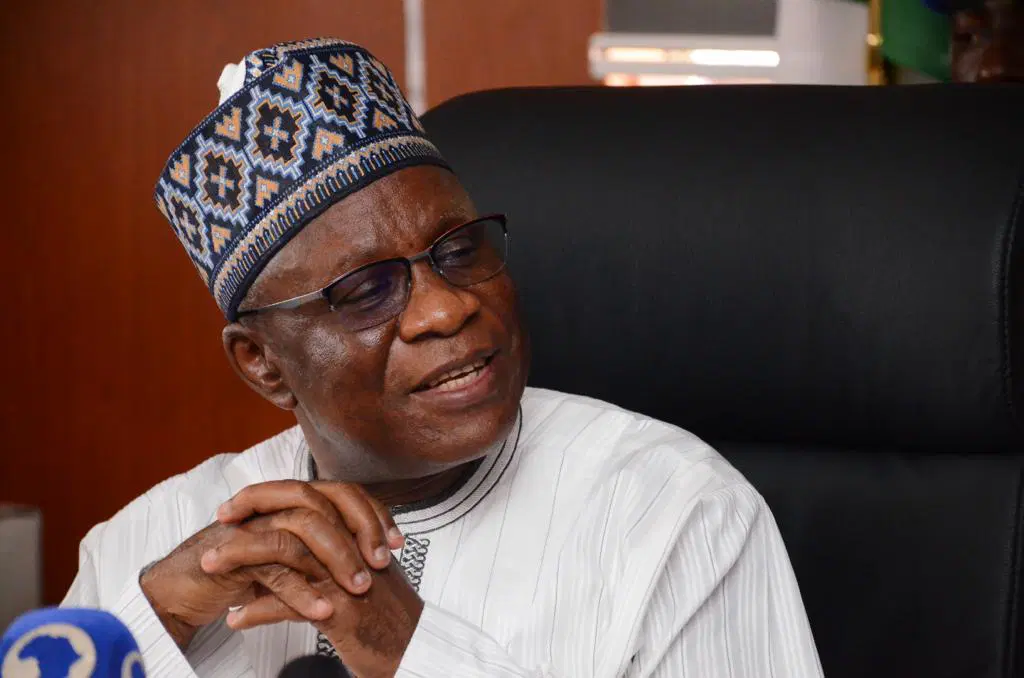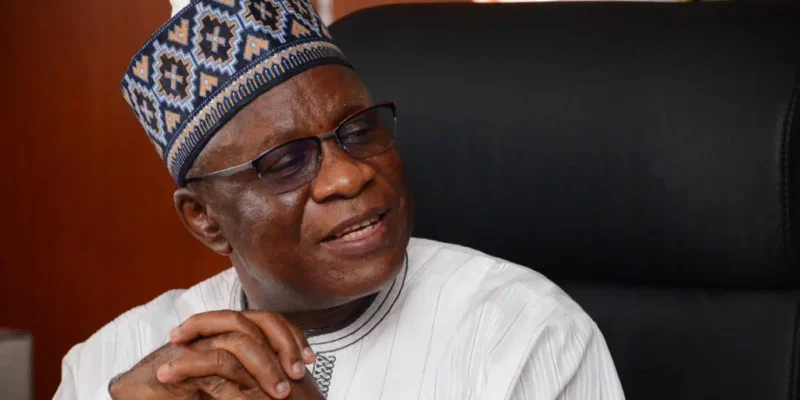
Abuja, Nigeria — The Federal Ministry of Regional Development has appealed to the National Assembly for additional funding to support its mandate of fostering equitable and inclusive growth across the country.
The Minister of Regional Development, Abubakar Momoh, made this appeal on Tuesday during a budget defense session before the joint committee on regional development. He emphasized the need for adequate funding to ensure the ministry’s ability to meet its goals.
Momoh outlined the ministry’s proposed 2025 budget, which has a ceiling of ₦28.9 billion. This comprises ₦24 billion for capital expenditure, ₦2.7 billion for personnel costs, and ₦1.6 billion for recurrent expenses. However, he expressed concern that the budget framework still reflects the allocation structure of the defunct Ministry of Niger Delta Development, which does not align with the expanded mandate covering all six regions of the country.
The minister highlighted key provisions in the 2025 budget, including ₦2 billion for youth and women empowerment initiatives, ₦1 billion for livelihood support programs, and ₦600 million for medical outreach projects targeting rural communities.
Acknowledging the challenges posed by the capital budget ceiling, Momoh stressed the ministry’s commitment to optimizing available resources. Priority will be given to completing ongoing projects with significant potential impacts while stepping down initiatives with low completion rates.
“Our focus is on reducing the prevalence of abandoned and incomplete projects while prioritizing human capital development, job creation, and social protection,” he said.
Strategic Vision for National Development
In his remarks, Senator Olajide Ipinsagba, Chairman of the Joint Committee on Regional Development, described the transformation of the Ministry of Niger Delta Development into the Ministry of Regional Development as a landmark step. He commended the Federal Government for its commitment to addressing regional disparities and promoting national cohesion.
“This expansion of the ministry’s mandate is a strategic move to tackle the unique developmental challenges faced by various regions while maintaining a focus on the Niger Delta,” Ipinsagba noted.
The senator assured stakeholders of the committee’s thorough evaluation of the ministry’s proposals to ensure alignment with its broadened responsibilities. He emphasized the importance of fostering economic inclusion, advancing education, and addressing regional development needs.
“The ministry must serve as a catalyst for equitable growth, economic inclusion, and national unity,” he added.
The committee pledged to work closely with the ministry to set it on a path to achieving its objectives, thereby providing hope and progress for all regions of the country.

Comments